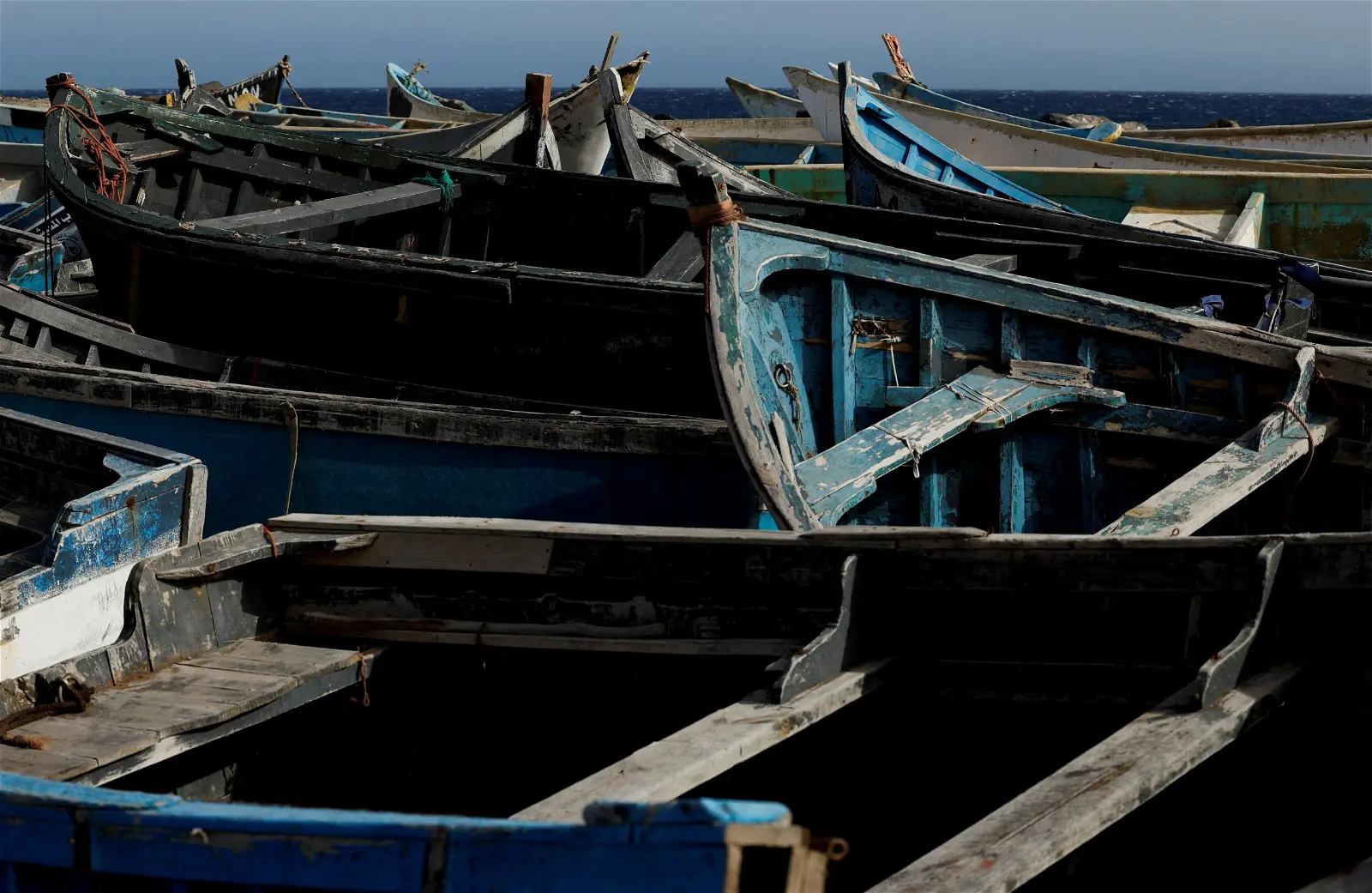NEWS
300 Senegalese Migrants go missing near Canary Islands

Disturbing reports have emerged that more than 300 individuals, who were traveling on three separate migrant boats from Senegal to Spain’s Canary Islands, have gone missing.
According to the migrant aid group Walking Borders, two boats carrying approximately 65 people and between 50 to 60 individuals, respectively, have been unaccounted for over the past 15 days. The third boat departed from Senegal on June 27, carrying approximately 200 people.
The families of those on board have had no contact with their loved ones since their departure, raising serious concerns about their welfare and whereabouts.
The vessels embarked on their journey from Kafountine in southern Senegal, approximately 1,700 kilometers (1,057 miles) away from Tenerife, one of the Canary Islands. Helena Maleno of Walking Borders highlighted that the families of the missing migrants are deeply worried.
Most of them hail from the same region in Senegal and decided to leave due to the prevailing instability in their homeland.
The Canary Islands, located off the West African coast, have become a primary destination for migrants attempting to reach Spain, with a smaller number aiming to cross the Mediterranean Sea to the Spanish mainland. The summer season is particularly busy for attempted crossings in the region.

The Atlantic migration route, notorious for its dangers, is predominantly used by migrants from sub-Saharan Africa. Tragically, the perilous journey has claimed numerous lives.
In 2022 alone, data from the United Nations’ International Organization for Migration revealed that at least 559 people, including 22 children, lost their lives while attempting to reach the Canary Islands.
The plight of migrants risking their lives in search of a better future continues to highlight the need for international cooperation and comprehensive solutions to address the underlying causes of migration.
Authorities are expected to intensify efforts to locate and provide assistance to the missing migrants, while organizations and advocates continue their calls for increased support, improved border management, and enhanced search and rescue operations to prevent further tragic loss of life in perilous sea crossings.

























